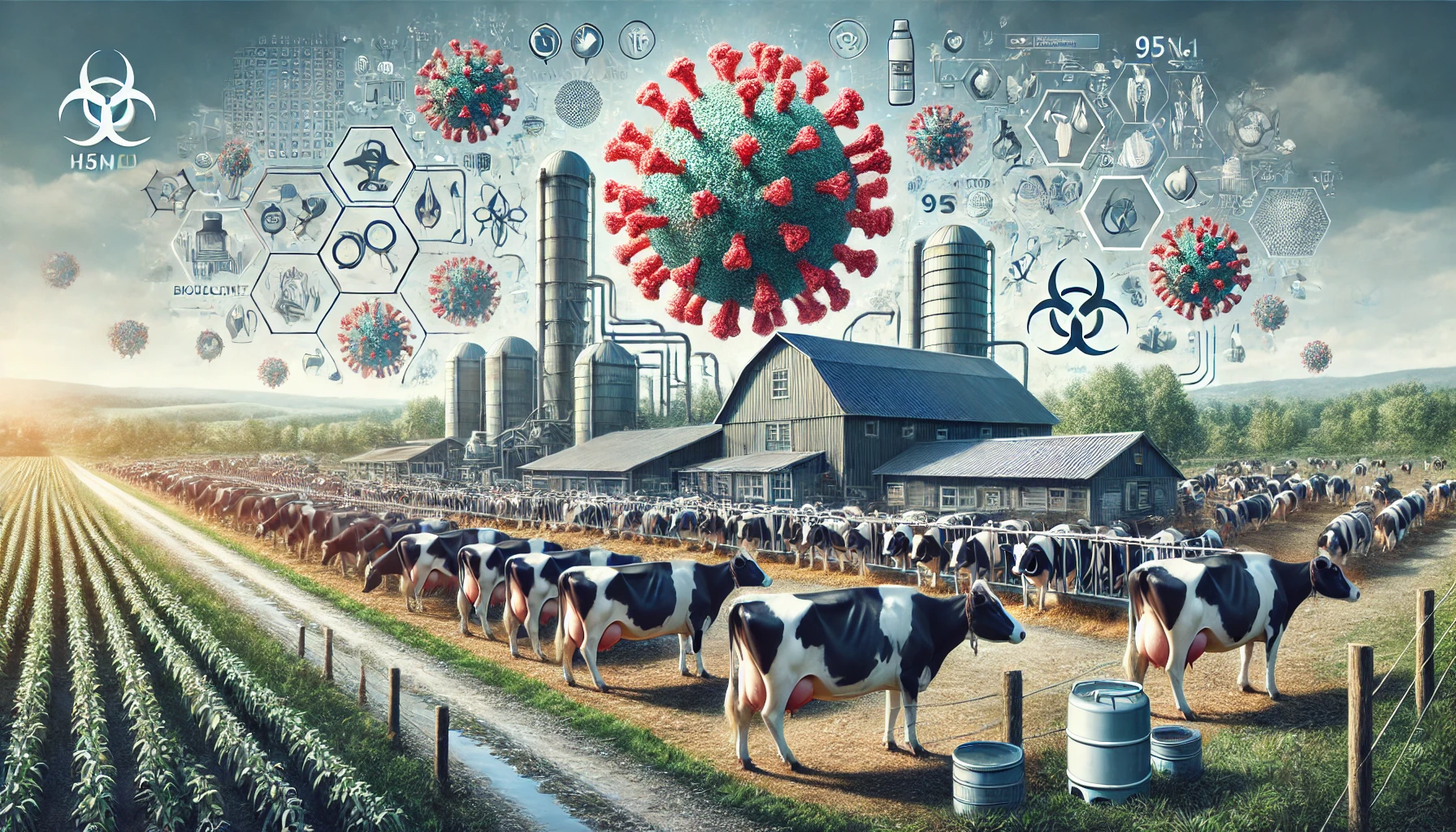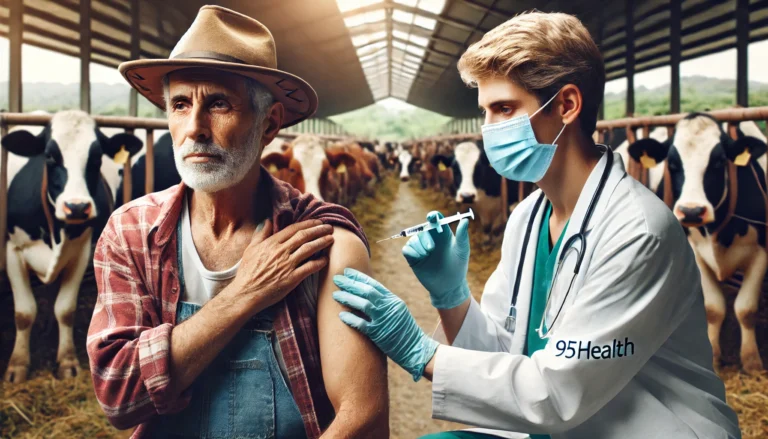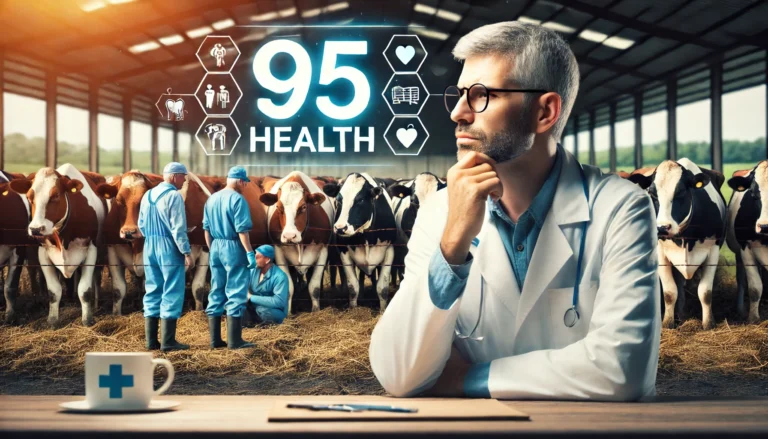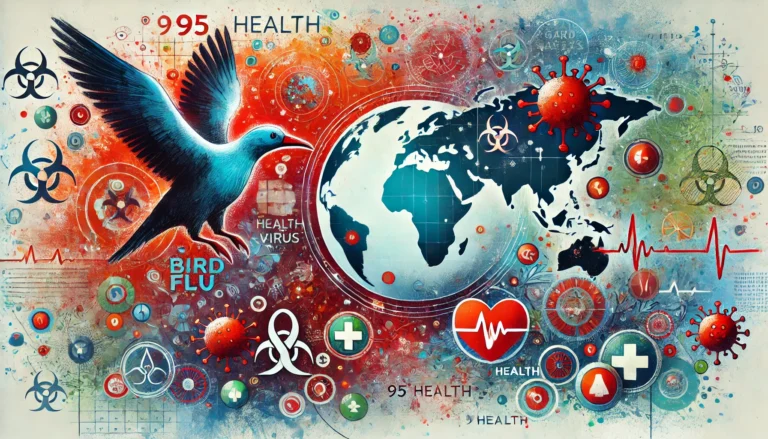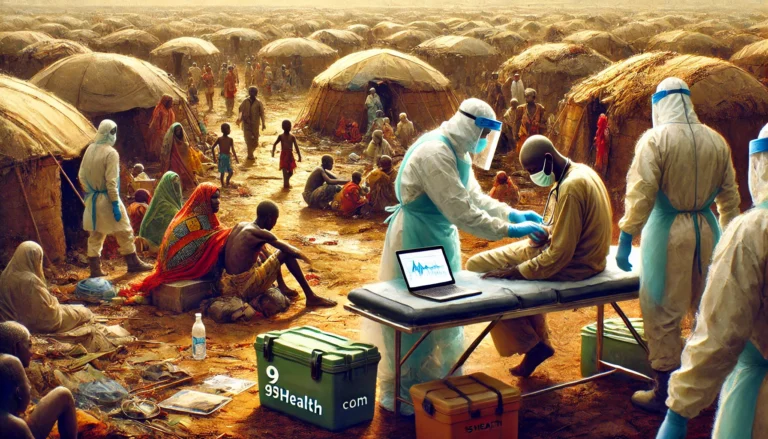H5N1 Bird Flu Outbreak in New England Dairy Farms
The recent outbreak of H5N1 bird flu in New England dairy farms has raised significant concerns among public health officials, farmers, and the general public. This Q&A-style post explores the critical aspects of this outbreak, its implications, and measures being taken to manage it.
Q1: What is the current situation with H5N1 bird flu in New England dairy farms?
A1: The H5N1 avian influenza virus has been detected in dairy cows across multiple states in New England. This marks the first time such a virus has been found in dairy cows in the U.S. The Centers for Disease Control and Prevention (CDC) and the U.S. Department of Agriculture (USDA) are actively monitoring and responding to the situation. The virus has led to isolated cases of human infection among farm workers exposed to infected cattle.
Q2: How is H5N1 transmitted, and what are the risks to humans?
A2: H5N1 is primarily transmitted through direct contact with infected birds or animals, or through contaminated environments. In the recent outbreak, farm workers who had close contact with infected dairy cows were at higher risk. While the virus can cause severe respiratory illness in humans, the overall risk to the general public remains low. The CDC has confirmed that there are no markers of increased human-to-human transmission in the current strains.
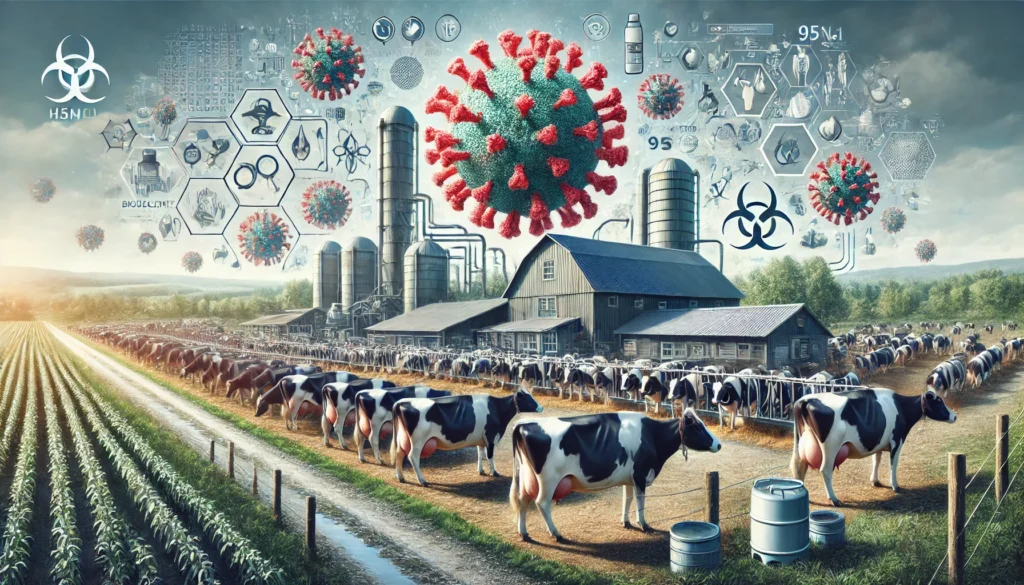
Q3: What measures are being taken to control the outbreak?
A3: Several measures have been implemented to control the spread of H5N1:
- Biosurveillance: Ongoing monitoring and testing of poultry, wild birds, and dairy herds are being conducted to detect the virus early and prevent its spread.
- Personal Protective Equipment (PPE): Farm workers are advised to use PPE, including N95 respirators, gloves, and eye protection when handling animals suspected of being infected.
- Pasteurization: Ensuring that all milk entering the commercial supply is pasteurized, which effectively kills the virus and prevents transmission through dairy products.
Q4: What should farm workers and the general public do to protect themselves?
A4: Farm workers should adhere strictly to biosecurity measures, including the use of PPE and regular hand washing. They should also avoid contact with sick animals and report any flu-like symptoms immediately for testing and treatment. The general public is advised to avoid consuming raw or unpasteurized milk and to maintain good hygiene practices to reduce the risk of infection.
Q5: Are there any specific recommendations for dairy farm operations during this outbreak?
A5: Yes, dairy farms are advised to:
- Enhance biosecurity measures to prevent the introduction and spread of H5N1.
- Regularly monitor cattle for signs of illness and report any suspected cases to state veterinarians.
- Implement strict controls on the movement of animals and people in and out of farms to minimize the risk of transmission.

